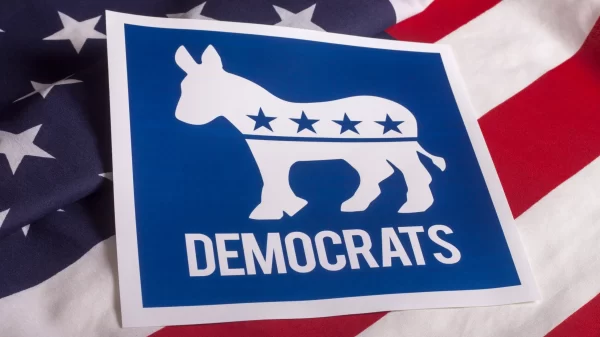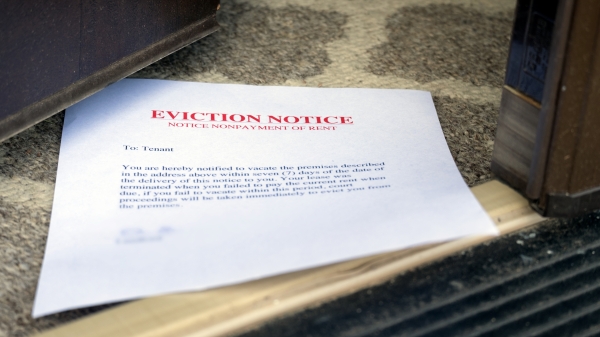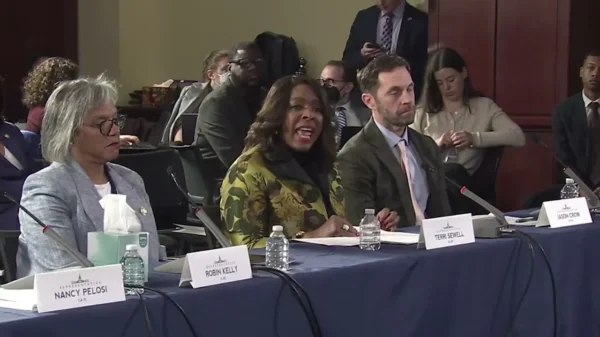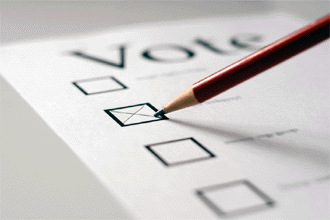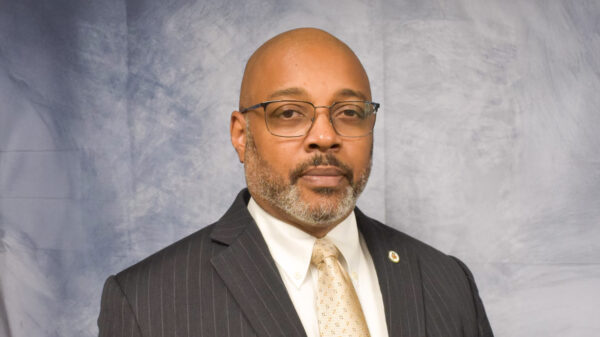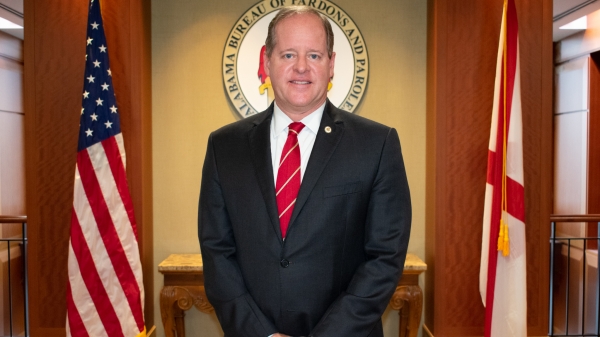By Bill Britt
Alabama Political Reporter
According to “Ballot Access News” Alabama has some of the harshest ballot requirements in the United States, placing 50th in terms of ballot access.
For over a half a decade, Senator Cam Ward (R-Alabaster) has fought first in the Alabama House of Representatives and now in the Senate for greater access in Alabama’s elections.
Ward has two bills pre-filed for the upcoming session, SB 15 and SB 55, that address easier ballot access.
Ward’s bill SB 15 states “Under existing law, to gain ballot access, an independent candidate for office must file a written petition signed by at least three percent of the qualified electors who cast ballots for the office of Governor in the last general election. This bill would reduce the number of names of qualified electors required for political parties and independent candidates for statewide office to gain ballot access.”
Ward said, “This bill will basically cuts the ballot requirements in half from what they are right now.”
Political organizations such as the Constitutional and Libertarian parties of Alabama complain that current law places the bar of entrée too high for them to run candidates for statewide office.
Joshua Cassity, Chairman of the Constitution Party of Alabama www.cpalabama.org, said, “A right for a citizen to vote for a candidate of his or her liking is the single handily the most fundamental freedom a person can have. When any government sets restrictions, which limits opposition from running against them, we are no longer living in a cherished republic.”
The bills Ward is sponsoring would make it easier for third party candidate to secure their names on the ballots.
“We should encourage more people to participate in the debate, not less. And by putting restrictions in place we alienate an entire segment of society that can’t participate in the political debate,” said Ward
Under current Alabama law, ballot access requires signatures of registered voters totaling 3 percent of the votes cast for governor in the last general election for the political subdivision being sought for access. Under this law 44,829 signatures are required currently.
“We are ranked as the strictest ballot access state in the U.S. for an independent or third-party candidate,” said Ward. “Mississippi, right next door is actually one of the easier ones. And so my argument is this, ‘Why should we make it harder for people to get on the ballot?’ We should make it easier for people to run for office, not harder.”
Ward acknowledge that there are arguments on the other side of the issue such as it is best to limit the number of candidates otherwise the elections become too complex and result in voter disinterest or confusion. People often site California which had 137 candidates is its last gubernatorial recall election.
Low voter turnout is thought to be because so many people feel disfranchised by the policies of the two parties. Policies when broke down are exactly alike.
“This is the argument you hear, ‘You don’t want to get the ballot flooded where you have got two or three pages of just one office running where you have 20 different candidates running which was a problem they had in California,’” said Ward.
Cassity said, “I truly believe with open-ballot access you will see higher voter turnout and a return to a government that is ruled by ‘We the People’ and not ‘We the Corporation’ So the people will benefit by taking the ruling power away from two party’s elitist and putting in back in hands of the ordinary citizenry.”
Ward says that Mississippi has one of the most relaxed ballot access laws in the country and that the state has not seen a flood of independent or third-party candidates.
Cassity said that Mississippi has no ballot access laws at all and that Tennessee requires only 25 signatures to have a candidates name placed on the ballot.
There is still wide political opposition to opening up Alabama’s elections to such laws as Mississippi and Tennessee.
“Both major parties have traditionally opposed it which I think is a mistake on both sides,” said Ward. “There are those who say you are creating an opportunity for a spoiler, a libertarian or a green party or a constitution party. But the problem is that argument just doesn’t hold water. It’s like they are saying we want to deny people access to the ballot because they might spoil the result for two major parties.”
Ward has sponsored this bill many times only to see it die in committee. “When I was in the House I had it up four or five years in a row and it was defeated back then by then Rules Chairman Ken Guin,” said Ward.
He once again sponsored the bill in the Senate, the Republican -controlled committee did pass the bill but it was never put on the calendar for a vote.
“I think there is a huge hesitancy on behalf of both parties. I think there is hesitancy on behalf of Republicans that are concerned that what you are doing is make it easier for the Constitution Party or Libertarian Party to take votes away from our party,” said Ward. “And then I think on the Democratic side, they fear too that what you are going to see is folks running as independents on their side and kind of usurping some of their authority.”
Ward says he stands behind the bill even though there are Democrats and Republicans who are against it.
“I think both sides probably have the same argument against it. It is doesn’t make it any less right,” said Ward.




